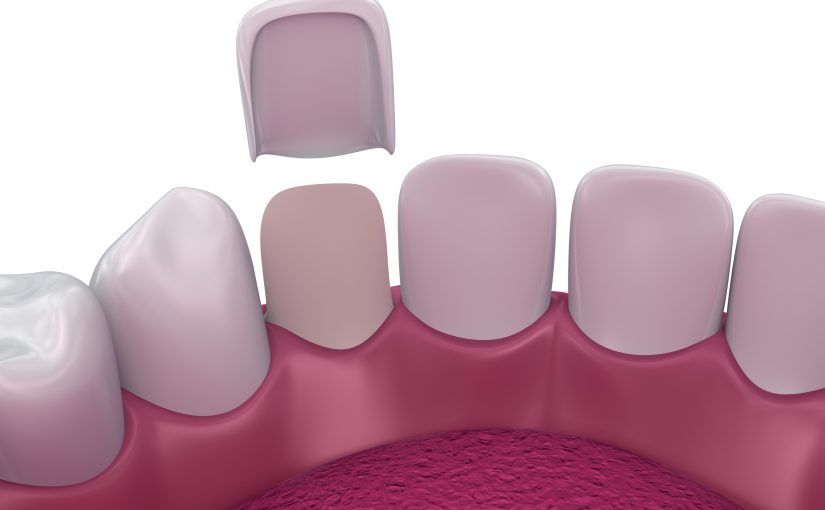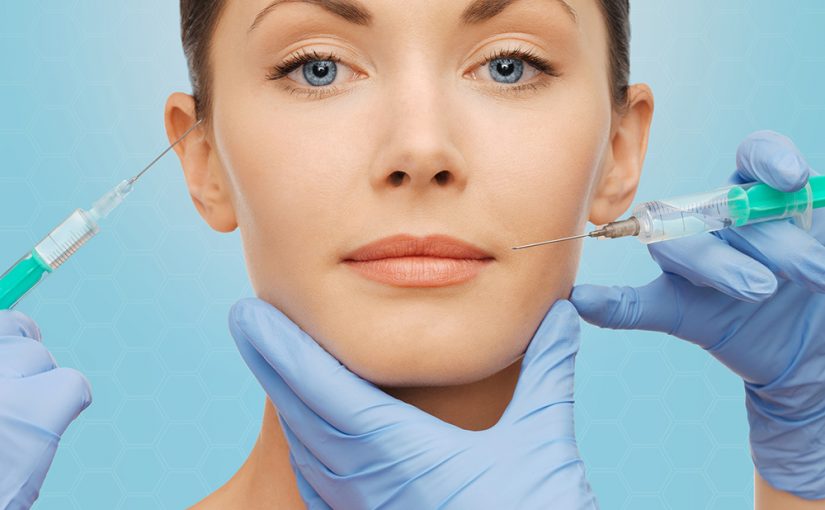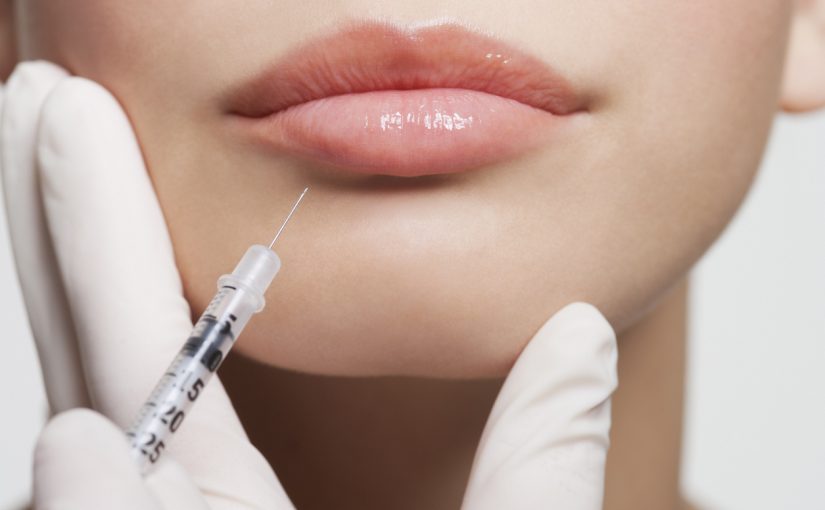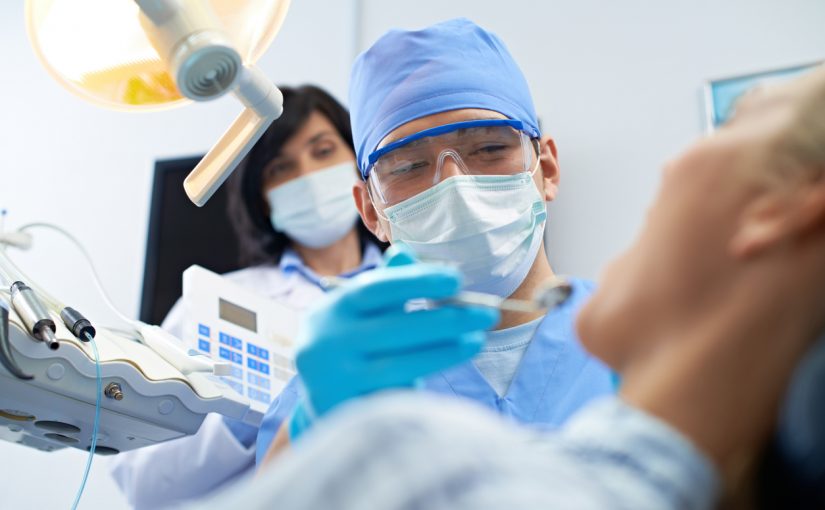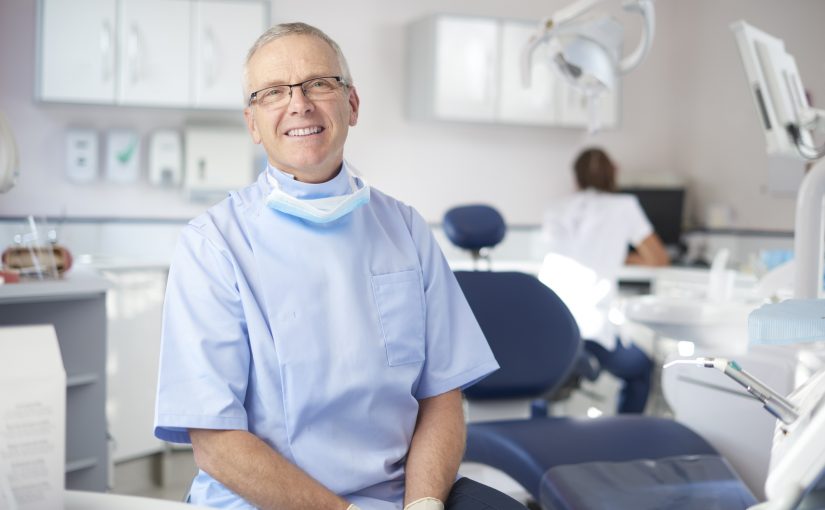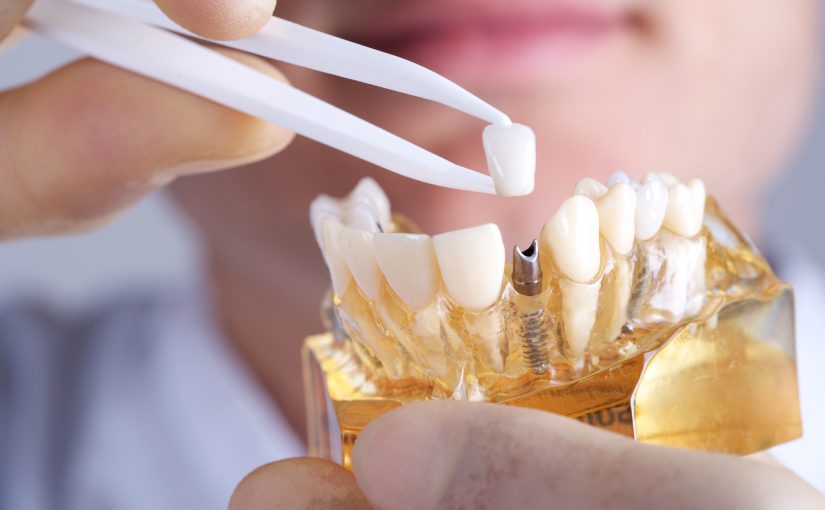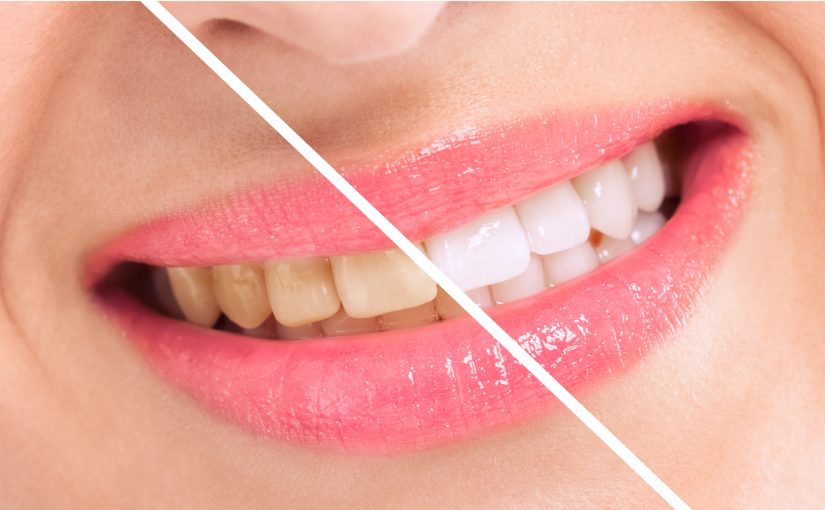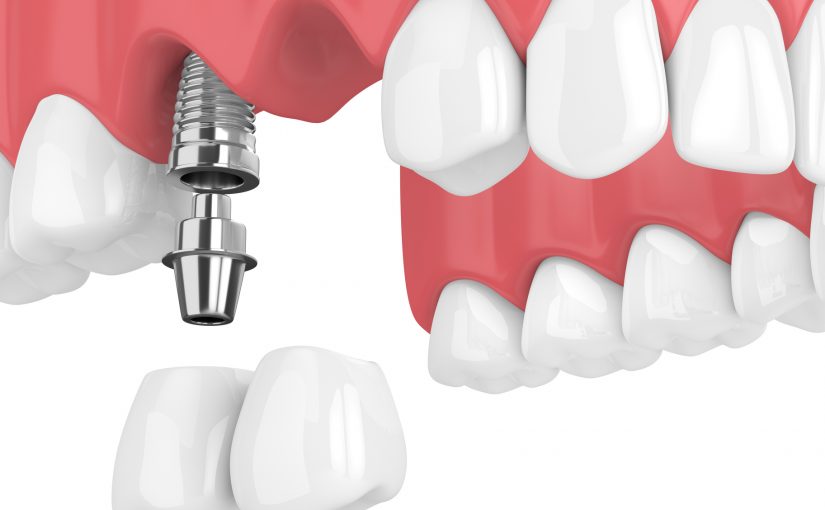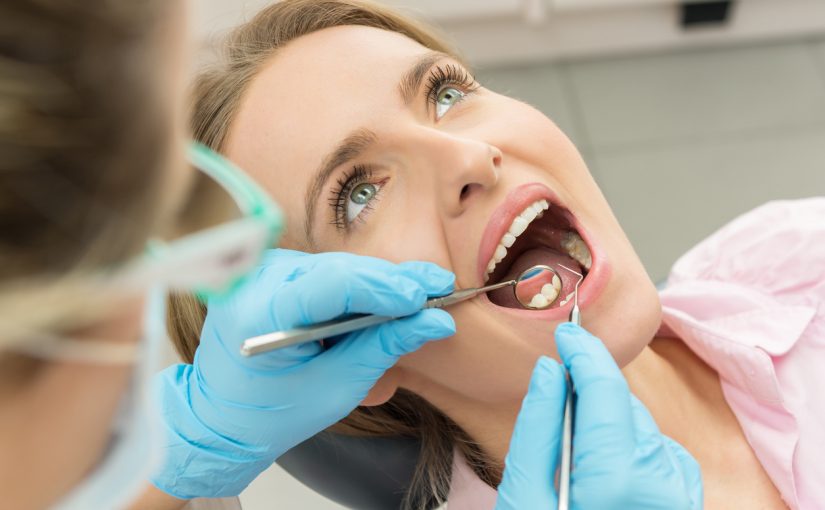Dental bonding and veneers are two dental treatments that are commonly used to improve the appearance of teeth, but can also be used to fix cracked or broken teeth. While the two treatments are used for similar purposes, there are several differences between the two that are important to understand.
What Is Dental Bonding?
Dental bonding is a dental procedure that is used to improve the shape or appearance of a tooth and that can also be used to protect a tooth. Bonding fills, repairs, or improves the aesthetic appearance of tooth using tooth-colored composite resin. This resin is applied directly to the surface of the tooth without removing any dental enamel and is then sculpted and polished to match other teeth.
Bonding can typically be performed in a single visit providing a quick and effective solution for minor corrections. When done correctly, dental bonding is long lasting, durable, wear-resistant, and looks natural. Bonding is typically used to address dental issues such as:
- Repairing teeth that are cracked, chipped, worn, or decayed
- Improving the appearance of stained or discolored teeth
- Closing spaces or gaps between teeth
- Changing the shape or length of teeth or straightening uneven edges
- Protecting exposed tooth roots from receding gums
What Are Veneers?
Veneers are custom-made porcelain shells used to cover the visible surface of a tooth. Veneers are made to match the appearance of a natural tooth both in color and shape. Veneers can be applied in one or two dental visits, but a thin layer of dental enamel will need to be removed from the natural teeth in order to create space for the veneer itself.
Veneers are extremely durable, flexible, less susceptible to fracturing, and easy to maintain. They are an effective solution for improving the appearance of minor flaws such as chipped, misaligned, discolored or gapped teeth.. They are not an effective solution for major dental issues, as they require a significant amount of tooth structure for the veneer to adhere to.
Choosing Between Bonding And Veneers
Deciding which treatment will be most beneficial for you is best done with the help of a skilled and knowledgeable dentist. At Foutz Family Dentistry, Dr. Barton H. Foutz, DDS, has over 30 years of experience and expertise that allows him to make the best recommendation for each individual patient.
In general, dental bonding is recommended for patients who:
- Have aesthetic concerns about their smile
- Are unhappy with discoloration
- Would like to fix minor flaws such as a small chip, crack, or gap
- Would like to improve the appearance of short or misshapen teeth
- Need to repair minor decay or protect exposed tooth roots
- Have not experienced excessive tooth decay or trauma
- Have healthy teeth with healthy roots and enamel
Veneers are typically a better solution for patients who:
- Have severely stained or discolored teeth
- Would like to fix cosmetic issues such as teeth that are mildly crooked, chipped, misshapen, or cracked
- Have sufficient tooth enamel
- Who do not have severely misaligned teeth or bite
- Who do not grind or clench their teeth
- Have healthy teeth and strong oral hygiene habits
To learn more about dental bonding and veneers in Henderson, NV, call Foutz Family Dentistry today at (702) 792-5929. During a consultation, Dr. Foutz will assess the condition of your teeth along with your needs and concerns and recommend the solution that will be most beneficial.
Dr. Barton H. Foutz, DDS
2510 Wigwam Parkway Suite 100 Henderson, NV 89074
(702) 792-5929






